Recent activity
Blog
Carolyn O'Donnell
SolarAid wins international aid award
SolarAid’s Light a Village project in Malawi has just won the International Aid and Development category in the UK’s Charity Awards. Announced on July 9, these prestigious prizes celebrate best practice in the sector. SolarAid won for its game-changing model of providing pay-as-you-go access to power.
Carolyn O'Donnell
ClientEarth raises the bar again
Less than halfway through the year, ClientEarth has already made a significant impact by winning an action against the UK Government, supporting Dutch campaigners to prove false KLM greenwashing claims, and challenging a €3 billion plastics project that failed to provide full details of its impact.
News
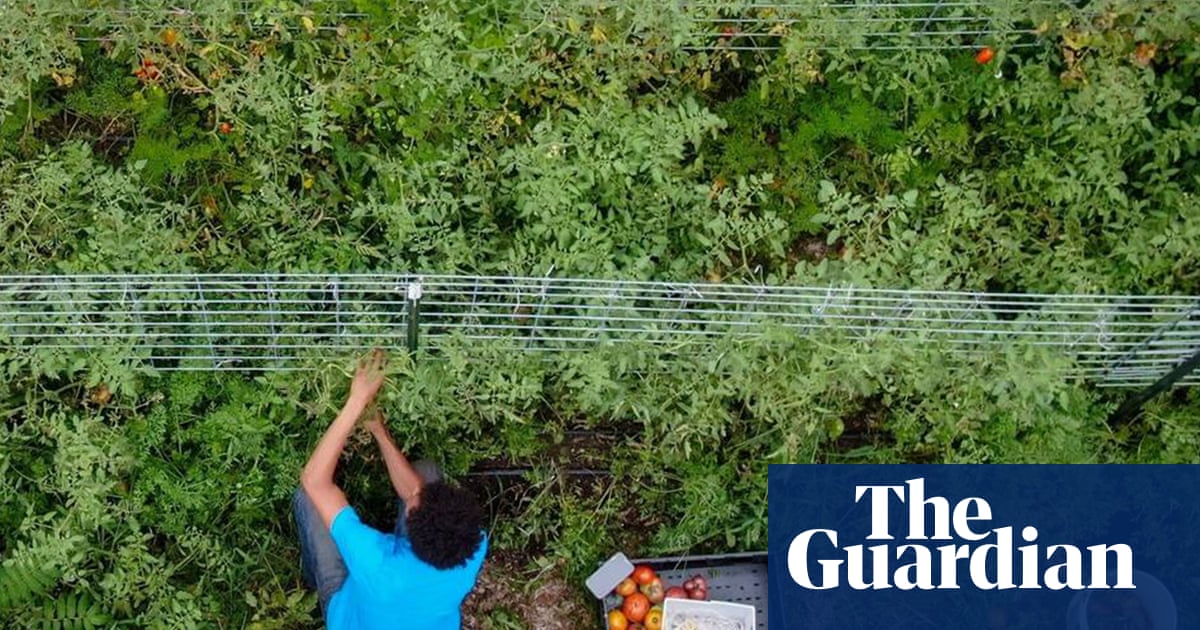
Trump tariffs to hit small farms in Maga heartlands hardest, analysis predicts | Trump tariffs | The Guardian
Major corporations are best placed to benefit from Trump polices at the expense of independent farmers

Could a new wave of urgent theatre hold the key to tackling climate change? | Theatre | The Guardian
From a New Forest giant inspiring an asthmatic teen to a herd of animal puppets walking to the Arctic Circle, theatre far and wide is taking action – but with energy and optimism, rather than doom-laden tales
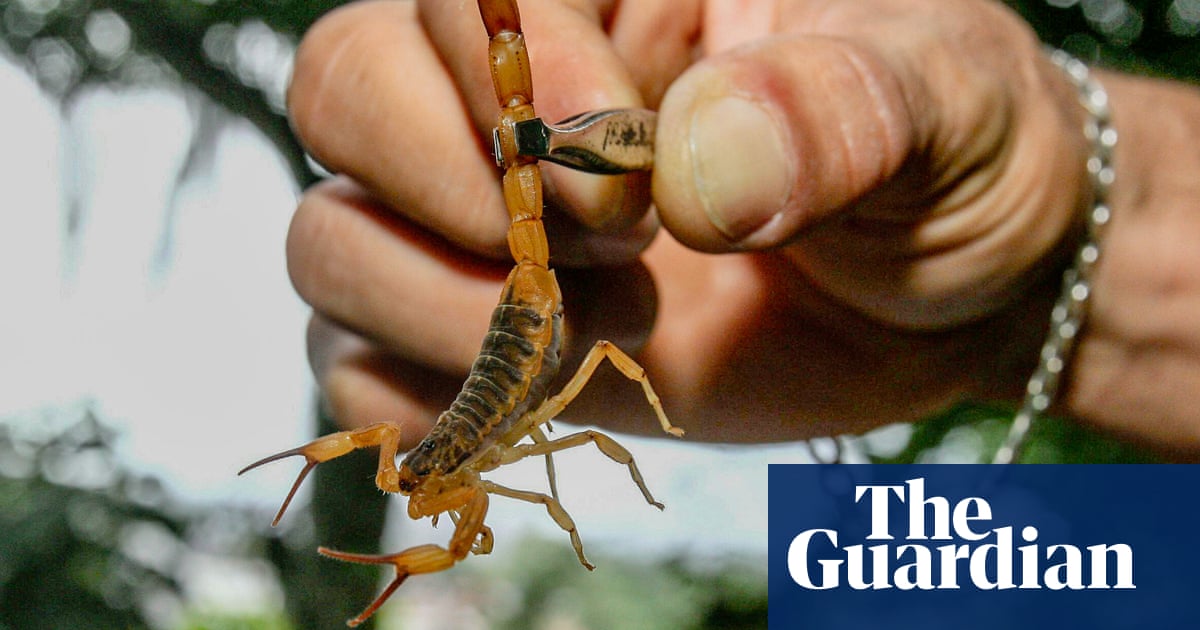
Scorpions ‘taking over’ Brazilian cities with reported stings rising 250% | Global development | The Guardian
Fast and unplanned growth of cities providing ideal conditions for the creatures to thrive, say researchers
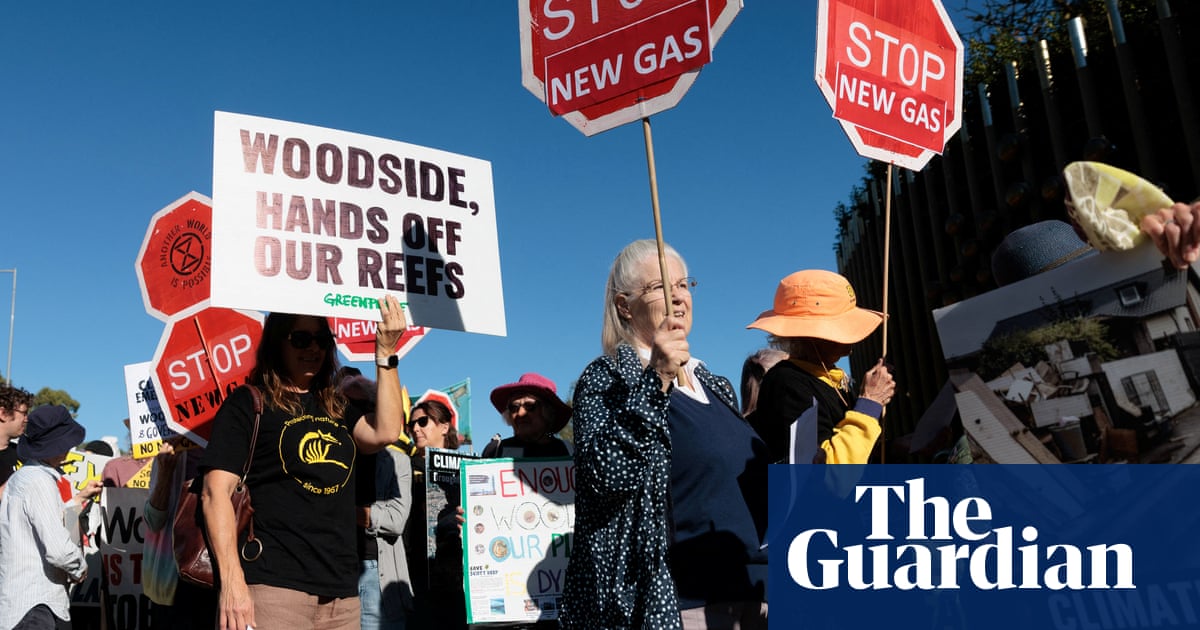
Woodside staves off investor climate concerns at fiery AGM beset by protesters | Woodside | The Guardian
Fossil fuel company retains chosen board members, with former Shell executive Ann Pickard re-elected at meeting interrupted by whistle-blowing activists
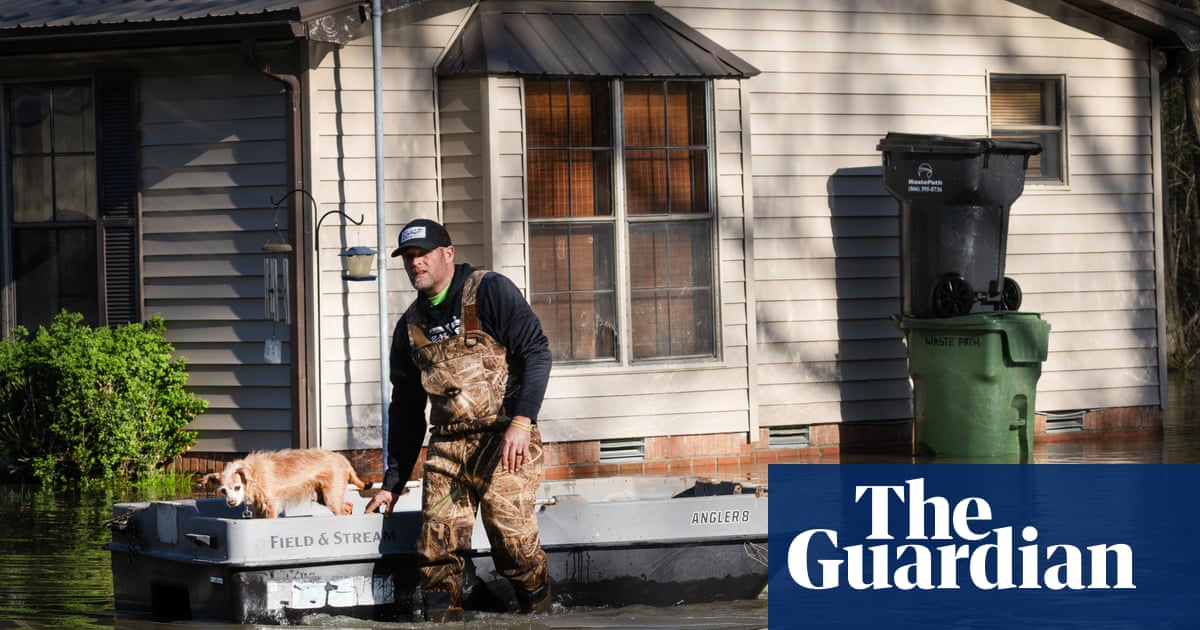
April storms that killed 24 in US made more severe by burning fossil fuels – study | US weather | The Guardian
Study finds human-caused climate change made four-day rainfall across central Mississippi valley 40% more likely
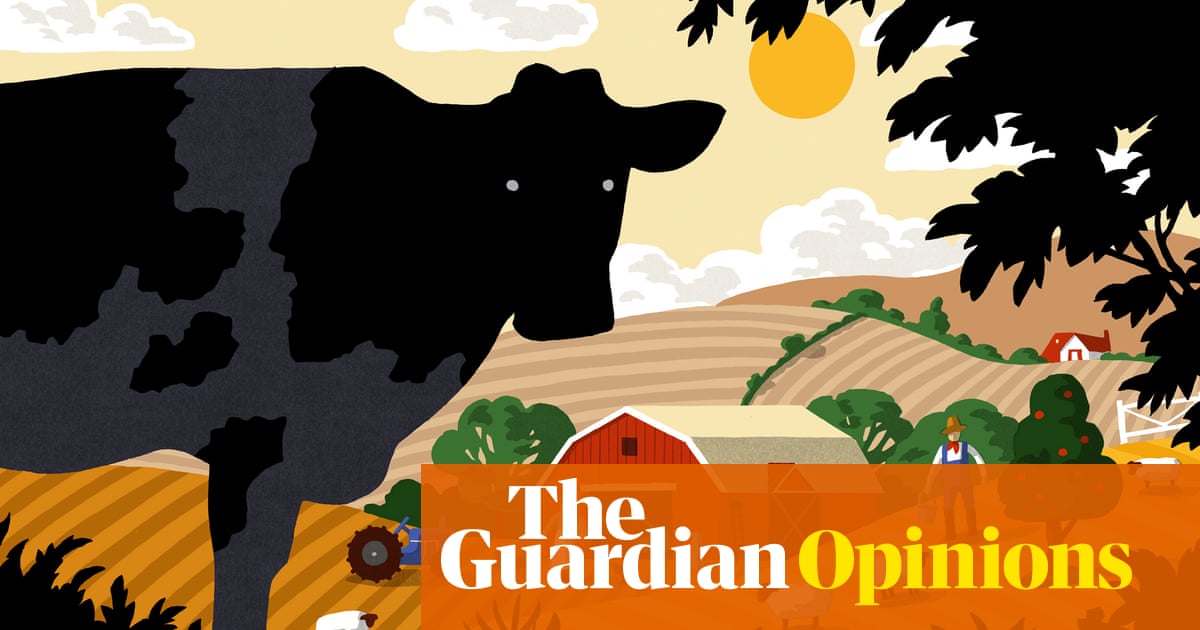
New reports tell us cattle and sheep farming can be sustainable – don’t believe them, it’s all bull | George Monbiot | The Guardian
Feeding the world sustainably is an incredibly complex challenge, yet some people are trying to sell us a bucolic fairytale, says Guardian columnist George Monbiot